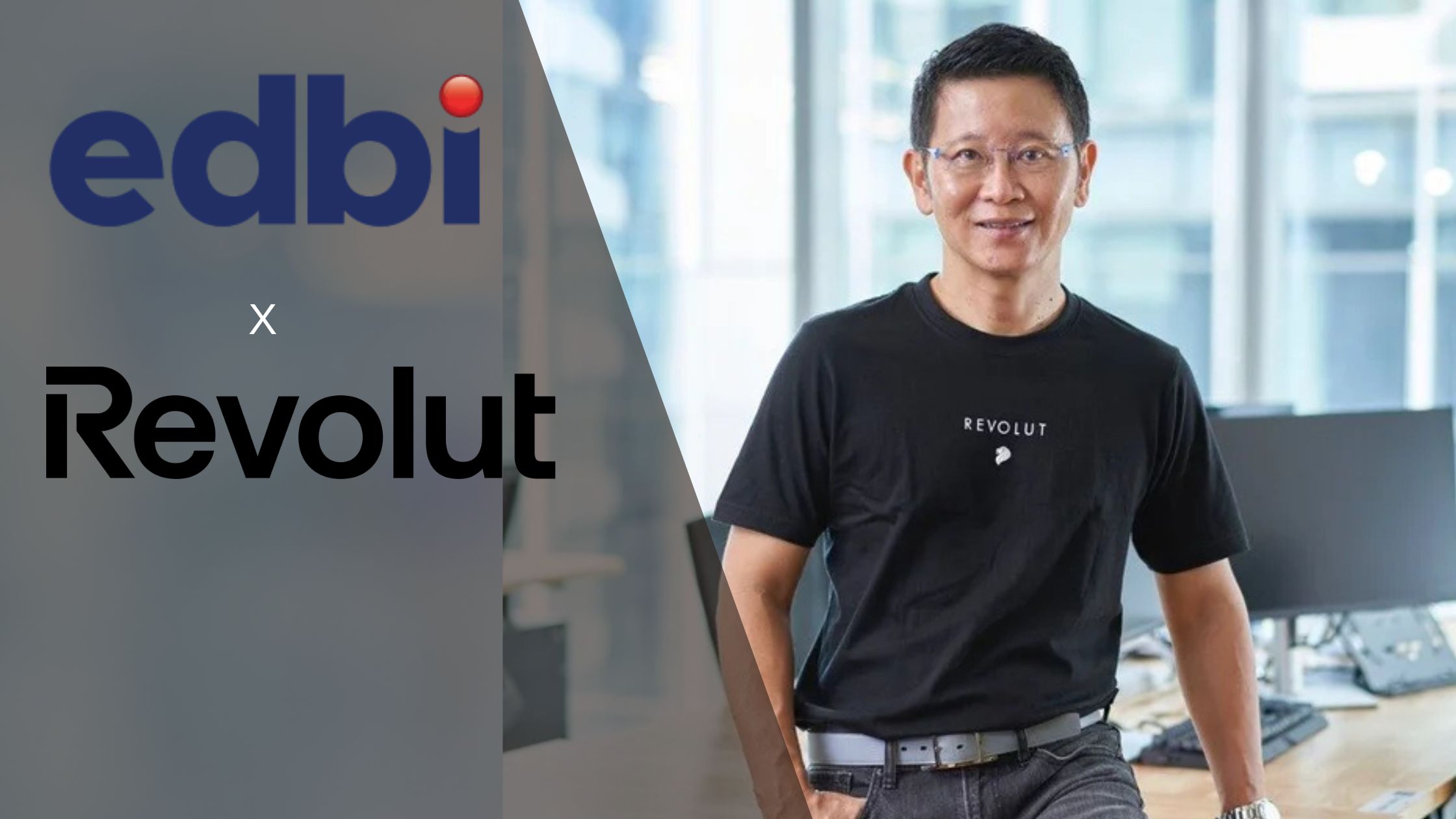AsiaTechDaily – Asia's Leading Tech and Startup Media Platform

Why GCash Is Delaying Its IPO: A Strategic Pause in Philippine Fintech
The Philippines’ top digital-wallet firm is now targeting the second half of 2026 for its initial public offering (IPO), citing weak market sentiment. What this delay means for the company, the local capital markets and Southeast Asia’s fintech scene.
Fintech leader GCash has postponed its much-anticipated initial public offering (IPO) to the second half of 2026. The delay comes amid a prolonged downturn in the Philippine stock market, where the Philippine Stock Exchange Index (PSEi) has fallen roughly 17 % over the past year, dampening investor sentiment and prompting the company to wait for more favourable market conditions.
The digital-wallet operator — backed by Ant Group and Mitsubishi UFJ Financial Group Inc. — had initially targeted a listing as early as 2025, with earlier reports suggesting it could raise between US$1 billion and US$1.5 billion through the offering. GCash’s parent company, Globe Fintech Innovations Inc. (Mynt), stated that while no formal decision has been finalised, preparations are ongoing and the IPO will proceed once the timing and conditions are right.
A record-setting listing still on the drawing board
GCash’s planned IPO has all the hallmarks of a landmark deal. With a proposed raise of up to US$1.5 billion, it would rank as the largest share sale in Philippine history — overtaking Monde Nissin Corp’s ~US$1 billion listing in 2021.
But the deal is far from set in stone. Sources stress that deliberations are ongoing and plans may still change. The company has appointed banks including Citi, Jefferies and UBS as advisers, signalling serious intent — yet remains cautious.
Why the delay?
The delay, while disappointing to some investors, is being viewed within industry circles as a deliberate and strategic step. Insiders say discussions about the IPO remain active and plans could still evolve depending on market recovery. The company has reportedly engaged Citi, Jefferies, and UBS as its financial advisers, an indication that preparations are far from shelved.
At stake is not just timing but valuation. In a volatile market, rushing into a listing risks a muted debut and undervaluation — a scenario GCash seems keen to avoid. For a fintech that has achieved near-ubiquitous adoption across the Philippines, the brand’s public market debut needs to match its stature. Waiting until sentiment improves could give the company a chance to secure a stronger valuation and attract global institutional investors rather than being constrained by local market fragility.
- The PSEi has plunged about 17% over the past 12 months — one of the weakest equity-markets globally — undermining appetite for large IPOs.
- By contrast, broader regional benchmarks such as the MSCI AC Asia Pacific Index have climbed nearly 19% in the same span — highlighting how the Philippines is lagging the Asia-Pacific trend.
- Other domestic issuers are delaying their listings for the same reason: market sentiment and liquidity remain soft. This isn’t just a one-off.
Strategic pause or missed timing?
GCash’s postponement is being read in two ways. Supporters view it as a strategic pause — an effort to align with stronger market cycles and avoid undervaluation. Skeptics, however, fear the delay could erode momentum, allowing emerging digital banks or new fintechs to capture investor attention.
Both perspectives have merit. A delayed IPO buys time for operational strengthening and expansion into credit, insurance, and investments — all of which can boost future valuations. Yet, it also risks signaling uncertainty, especially to global investors who may perceive hesitation as lack of confidence.
At first glance, pushing the IPO into 2026 may seem like a setback. But there’s a case to be made that this delay is a calculated move — not a retreat. Here’s how:
Strengths working in GCash’s favour
Despite the delay, GCash’s fundamentals remain robust. Operated by Globe Fintech Innovations Inc. (Mynt) — with Globe Telecom holding a 36% stake and Ant Group and Mitsubishi UFJ Financial Group as strategic investors — GCash has become synonymous with the Philippines’ digital finance revolution.
- GCash is firmly established in the Philippines’ digital-payments space. The platform boasts around 94 million users according to its website — a remarkably large user base in a country of ~118 million.
- Its ownership structure is heavyweight: significant backing from Ant Group, Mitsubishi UFJ, Globe Telecom and the Ayala Group give it credibility and scale.
- The firm has already taken preparatory steps — including a potential share-split and other corporate housekeeping ahead of a listing
Key risks and headwinds
- The thin trading volumes and weak equity demand in the Philippines raise questions about valuation, pricing and investor interest. A large float in a weak market could leave significant unsold shares or require price discounts.
- Regulatory questions remain — one notable challenge is the public-float requirement under Philippine listing rules (traditionally 20% minimum). Earlier analysis flagged this as a potential roadblock for GCash’s desired structure.
- Timing matters. While waiting may help secure better terms, delay also risks losing momentum — especially if newer fintech competitors emerge or macroeconomic conditions worsen.
Implications for the Philippine fintech ecosystem
For the country’s startup ecosystem, GCash’s move sends mixed signals. On one hand, it reinforces that even the most successful tech companies remain bound by domestic market constraints. On the other, it underlines the growing discipline among Philippine startups — a willingness to wait for sustainable exits rather than rushing for quick liquidity.
The decision also puts pressure on regulators and the stock exchange to modernize. Issues like high public-float requirements, limited market depth, and lengthy approval processes have long discouraged tech IPOs. If GCash’s delay sparks renewed dialogue about easing these bottlenecks, it could prove transformative.
The GCash IPO programme extends beyond one company — it sends important signals for the broader market.
- A successfully executed listing would be a marquee moment for Philippine tech capital markets. It could incentivise other large fintechs and technology firms to consider domestic IPOs rather than bypassing local exchanges.
- Conversely, a prolonged delay or withdrawal could reinforce investor scepticism about listings in the Philippines, compounding the current equity-market malaise.
- For global investors and fintech watchers, GCash’s situation shows the interplay of local market depth, regional comparatives and the timing of exits from high-growth private companies.
In regional context, the Philippines is still catching up with Indonesia and Singapore, both of which have nurtured billion-dollar tech IPOs. GCash’s eventual listing could therefore become a litmus test for whether the country can deliver a credible, large-scale tech debut — and by extension, whether Manila can position itself as a viable capital hub for Southeast Asian startups.
What to watch in the coming year
Several key milestones and indicators will determine whether GCash’s IPO goes ahead as envisaged:
- Market conditions: Does the PSEi recover? Is investor sentiment toward large offerings restored?
- Regulatory engagement: Will the Philippine Stock Exchange (PSE) and Securities and Exchange Commission (SEC) offer flexibility (e.g., on public-float rules) to facilitate the listing?
- Valuation and structure: Will GCash proceed with the full US$1-1.5 billion target? What percentage of the company will it float?
- Competitive and regulatory dynamics: How do rising fintech and neobank challengers in the Philippines affect GCash’s positioning? Are digital-banking licences, credit-services expansions and regulatory shifts accelerating?
- Timing decision: Will GCash commit to 2026 as currently targeted — or could further slippage occur if conditions stay unfavourable?
Conclusion
GCash’s decision to push its IPO into the second half of 2026 reflects more than just cautious timing — it is emblematic of the complex dynamics facing fintech exit strategies in emerging markets. On one hand, the company is positioned for a potentially landmark listing in the Philippines, backed by scale, investor interest and strategic muscle. On the other hand, the depressed local equities market and structural limitations of domestic platforms impose real constraints.
For the startup community, investors and fintech watchers, the key takeaway is this: the success of GCash’s IPO may hinge less on the company’s fundamentals than on the broader ecosystem’s readiness. If the Philippines’ capital markets revive, GCash could become a watershed event for Southeast Asian fintech. If not, the delay may signal that even powerhouse fintechs must wait longer to monetise.
Quick Takeaways
- 📉 GCash delays IPO to 2026 due to weak Philippine equity markets — PSEi down 17% in the past year.
- 💰 Potential raise: Between US$1–1.5 billion, possibly the largest IPO in Philippine history.
- 🏦 Advisers appointed: Citi, Jefferies, UBS guiding the offering.
- 📱 Massive scale: 94 million users, deep fintech penetration across the Philippines.
- ⏳ Strategic patience: Waiting could secure better valuation and investor confidence.
- 🌏 Regional signal: Tests the Philippines’ readiness for billion-dollar tech listings — a bellwether for Southeast Asia’s fintech markets.



